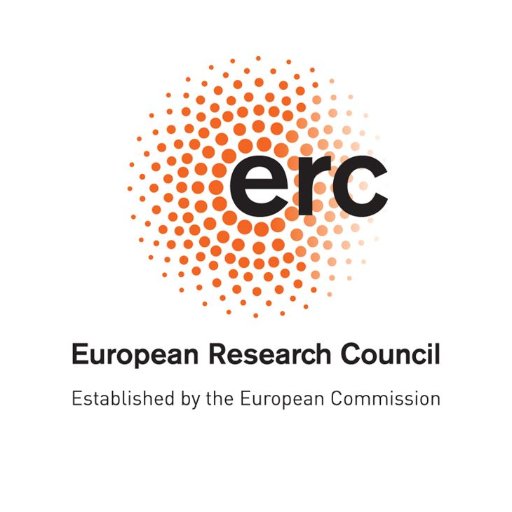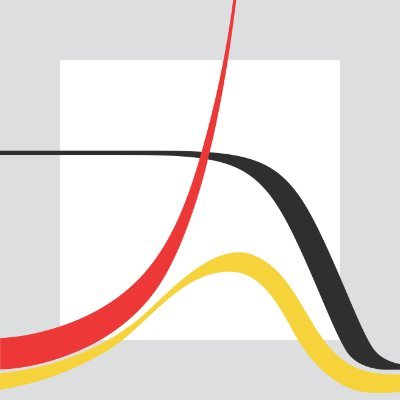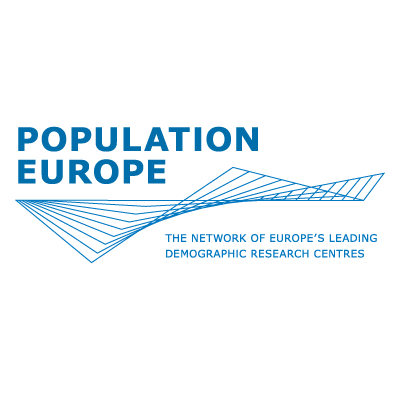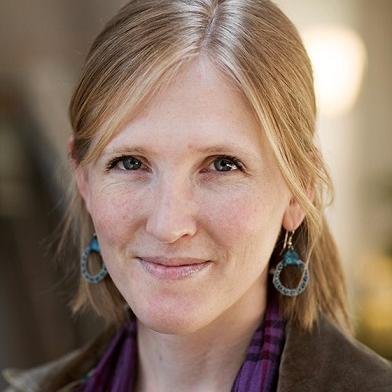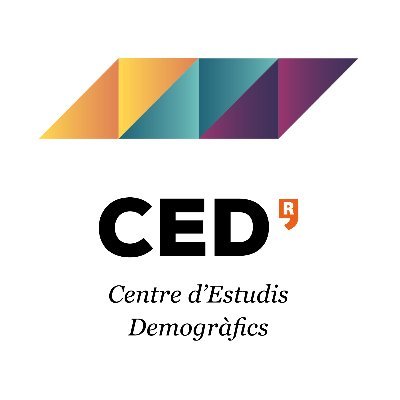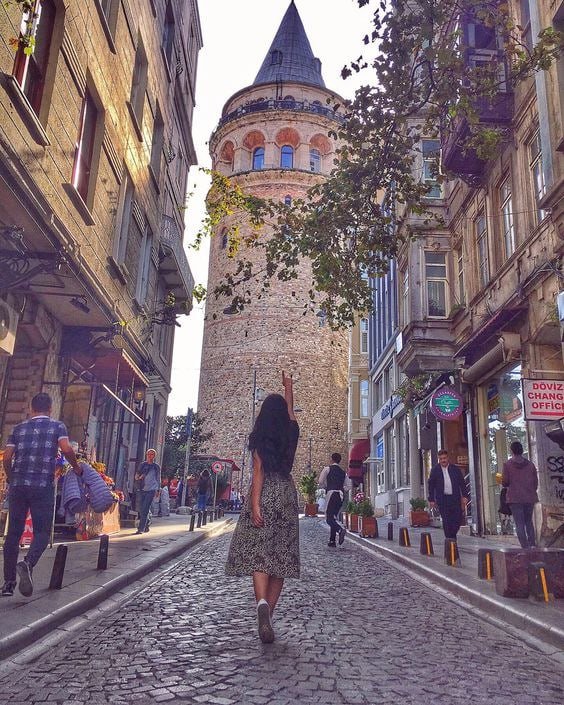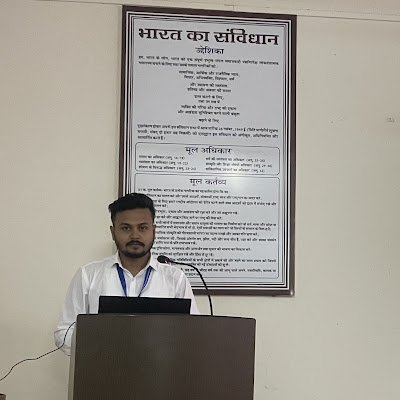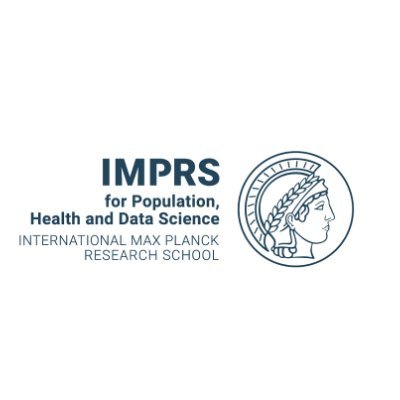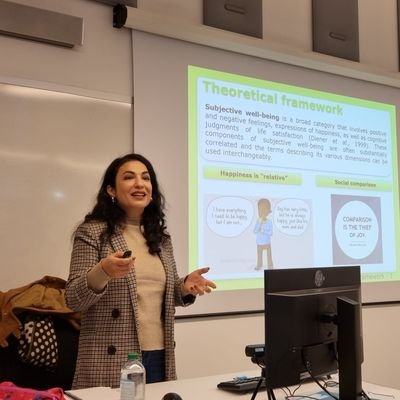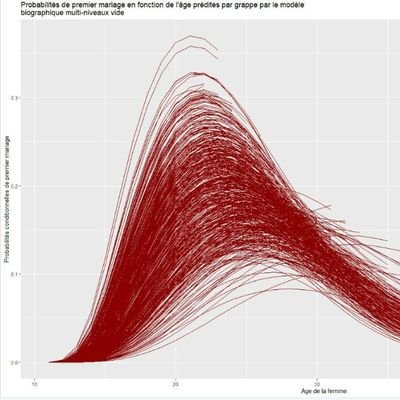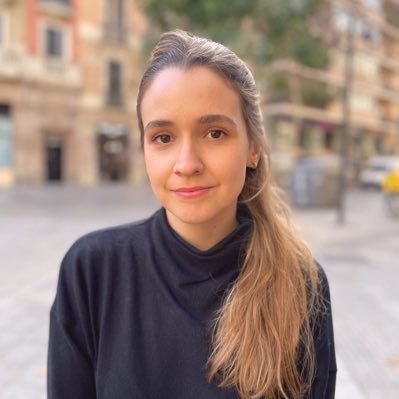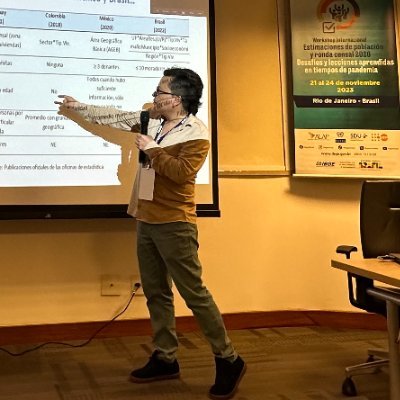
Ingrid van Dijk
@IngridvanDijAssociate Professor Economic Demography @LuEconHist. Changes in health 1800s-today with register data. https://t.co/2b1HdkSuUC 🇳🇱🇸🇪🇪🇺
Similar User

@MineKuehn

@GunnarSUDA

@lp_calderonb

@PopResGroningen

@CPop_SDU

@rmogimogi

@MartinKolk

@d_alburez

@ugobas

@AYHDemographers

@ESHD_EU

@fertdem

@IsChiaThere

@boruvka_a

@AlyceRaybould
Very excited that I was awarded an ERC Starting Grant #ERCStG for my project "Relative Health: Long-Run Inequalities in Health and Survival Between Families and Across Generations".
📣 The latest ERC Starting Grant competition results are out! 📣 494 bright minds awarded €780 million to fund research ideas at the frontiers of science. Find out who, where & why 👉 europa.eu/!hrxyBp 🇪🇺 #EUfunded #FrontierResearch #ERCStG @HorizonEU @EUScienceInnov
For my international colleagues who are wondering what the heck is going in in the Netherlands: Dutch Academia is facing the largest budget cuts since the 1980s. Programs will disappear, work load will go up, students will be penalised. It's grim 1/x
Did you know Swedish grant agencies work with a reserve list? Until this week, me neither 👀 #cliffhanger
Very low fertility is nothing new in Europe. TFR was close to 1 in the industrial town of Landskrona in southern Sweden around 1930.

Lots of news on Sweden's net migration being at its lowest in 50 years. Meanwhile, @SCB_nyheter highlights how clearing the registers impacted emigration figures. 👇


And special congratulations to the four researchers at @lunduniversity receiving the grant! We are very proud of @IngridvanDij – LUSEM’s very first researcher awarded the ERC Starting Grant for her research into ”relative health”. Learn more: lusem.lu.se/article/erc-st… #ERCStG
📣 The latest ERC Starting Grant competition results are out! 📣 494 bright minds awarded €780 million to fund research ideas at the frontiers of science. Find out who, where & why 👉 europa.eu/!hrxyBp 🇪🇺 #EUfunded #FrontierResearch #ERCStG @HorizonEU @EUScienceInnov
How can lessons from past pandemics help us better navigate today's health crises? From innovative solutions and effective communication to addressing economic impacts, history offers invaluable insights.

Extremely happy to receive a Veni-grant from the Dutch Research Council to work on inequality in health (185-1950) in the next years!
NWO has awarded Veni funding of up to EUR 320,000 to 174 promising researchers from across the full breadth of science. This will allow the laureates to further develop their own research ideas over the next three years. nwo.nl/en/news/from-a…

📢 1st Call for Project Proposals Host Institutes Description To be able to have more impact GREATLEAP opens a Call for Proposals for Host Institutes to create a small project for a visiting scholar during their Short-Term Scientific Mission (STSM). 🧵⬇️
Very proud of my colleague Louise Cormack for winning this prize!
Congrats to this year's EHS prize winners: New Researcher Prize: Louise Cormack (Lund) Héctor Paredes (Paris School of Economics) Iris Wohnsiedler (TCD) New Researcher Poster Prize: Kirsty Peacock (Oxford)
Join us in Lund this summer for a course on health inequalities using longitudinal demographic data
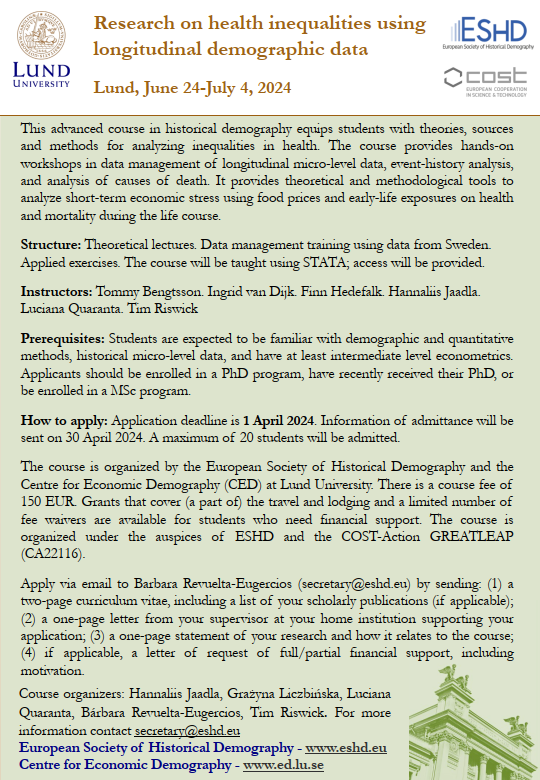
Some reflections on this coverage of mine and @VSkirbekk study. The basic take that having only 1 child was an uncertain pathway to leaving direct progeny is correct. This was due to both high childlessness for the cohorts we study and high mortality. doi.org/10.1016/j.alcr…
I think the real replacement fertility rate is not 2.1 kids per woman. It's 5.1 kids. A recent Swedish study found that in a generation born 1885-1899, an incredible 25% of people who had 2 kids had *zero* descendants by 2007! For 1 kid? 50%. A 🧵 on long-term fertility:


Better late than never (I guess I was busy in July 2020?), but finally read Sam Preston's charming & inspiring piece on his #demography career. We should all approach our scholarly work with such curiousity, humanity, & humor.🙏 #poptwitter @PennPSC annualreviews.org/doi/full/10.11…
SIDeS, the Italian Society of Historical Demography, is offering the online course “Exploring Open Large-Scale Historical Demographic Databases” in September and October. To sign up (you can until September 5th), interested historical demographers can follow the link below! ⬇️
Very glad that I was allowed to talk about my research interests in such good company. I made the case to look at families to address broader health & mortality inequality.
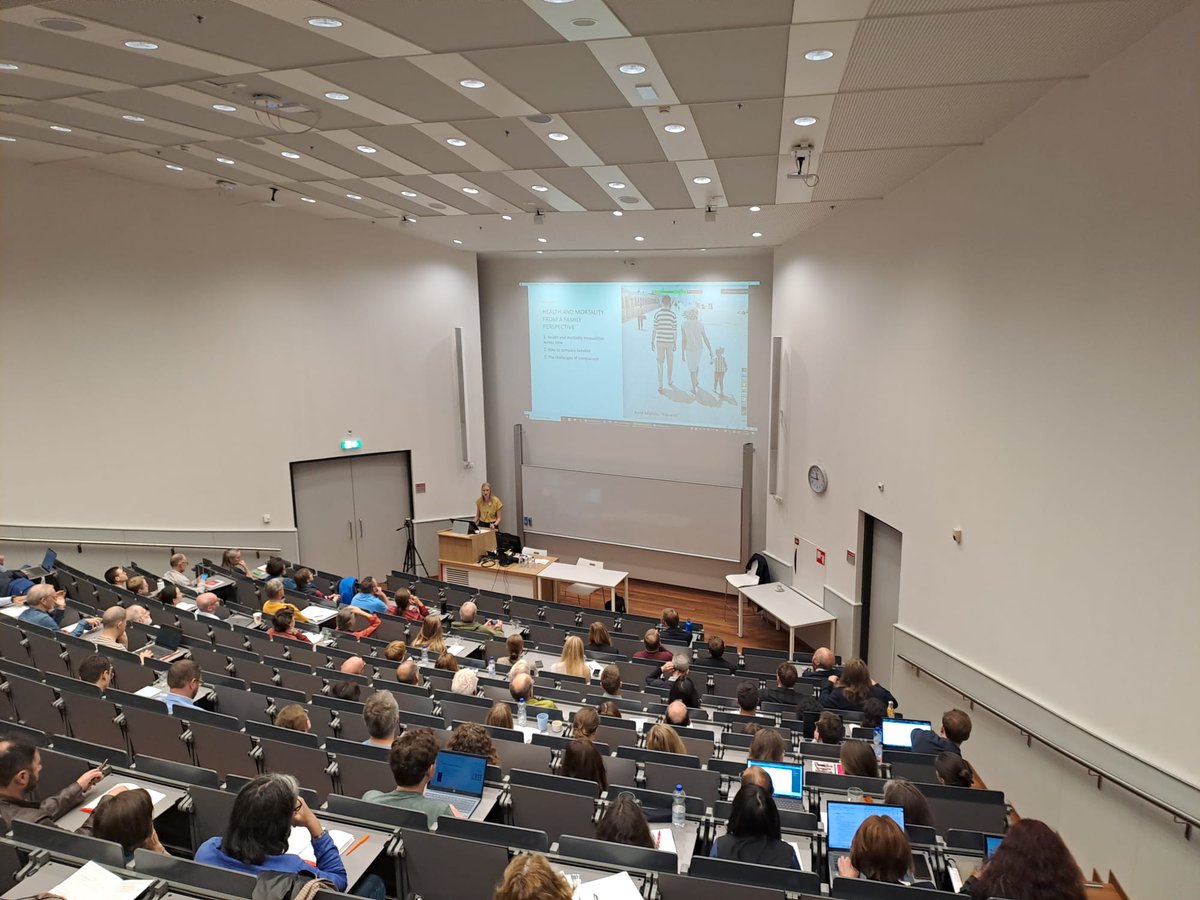
Now Plenary session 2 #ESHD2023 Comparing Diseases, #Health and Death Over Time and Across Space Chair: Theo Engelen @Radboud_Uni Alice Reid @CamUniCampop Eric Schneider @ericbschneider Jörg-Peter Vögele @JoergVoegele Ingrid van Dijk @IngridvanDij 👉 eshd2023.eshd.eu/programme/



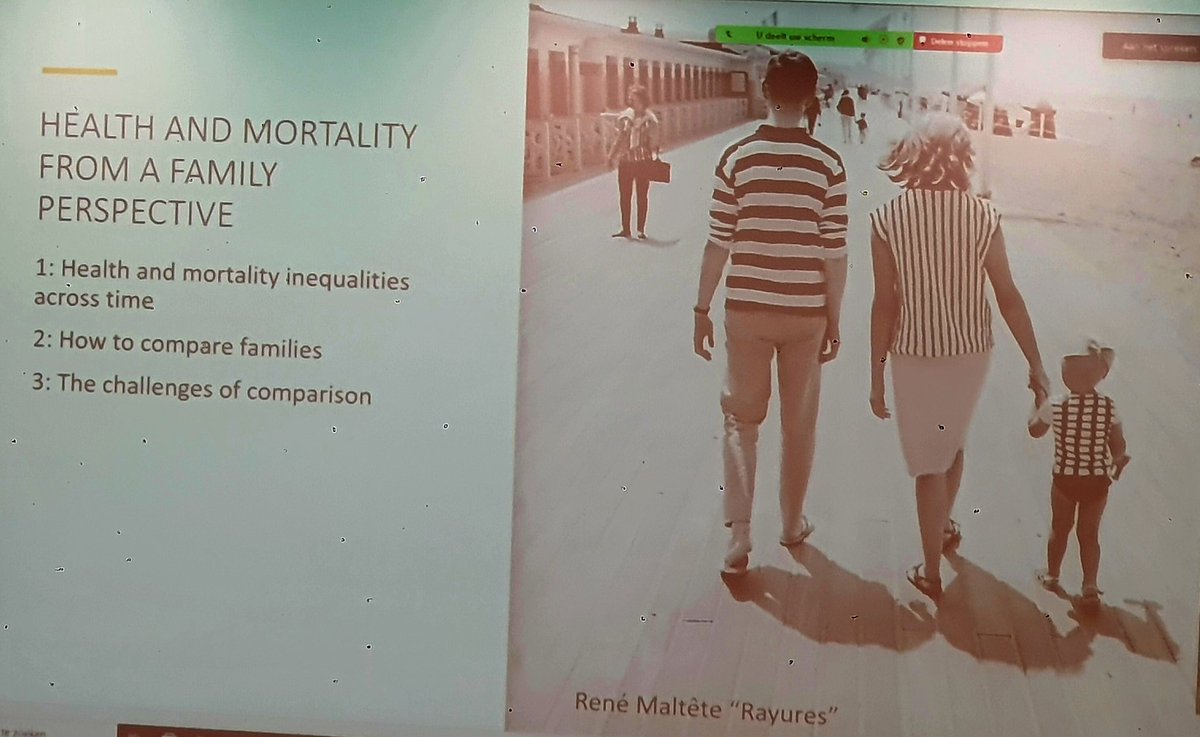
United States Trends
- 1. Mike 1,83 Mn posts
- 2. Serrano 237 B posts
- 3. Canelo 16,2 B posts
- 4. #NetflixFight 71,2 B posts
- 5. Father Time 10,8 B posts
- 6. #netflixcrash 15,5 B posts
- 7. Logan 78,1 B posts
- 8. Rosie Perez 14,7 B posts
- 9. He's 58 24,6 B posts
- 10. Boxing 295 B posts
- 11. ROBBED 101 B posts
- 12. #buffering 10,8 B posts
- 13. Shaq 15,9 B posts
- 14. My Netflix 82,6 B posts
- 15. Tori Kelly 5.172 posts
- 16. Roy Jones 7.130 posts
- 17. Ramos 70,5 B posts
- 18. Cedric 21,8 B posts
- 19. Gronk 6.581 posts
- 20. Muhammad Ali 17,6 B posts
Who to follow
-
 Mine Kühn
Mine Kühn
@MineKuehn -
 Gunnar Andersson
Gunnar Andersson
@GunnarSUDA -
 Liliana P. Calderón-Bernal
Liliana P. Calderón-Bernal
@lp_calderonb -
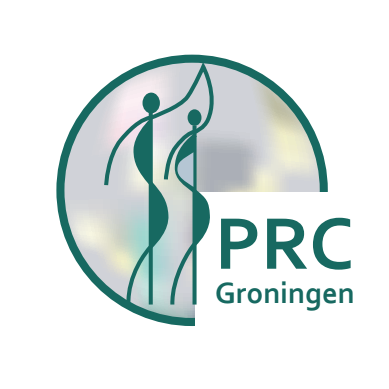 Population Research Centre
Population Research Centre
@PopResGroningen -
 CPop SDU
CPop SDU
@CPop_SDU -
 Ryohei Mogi
Ryohei Mogi
@rmogimogi -
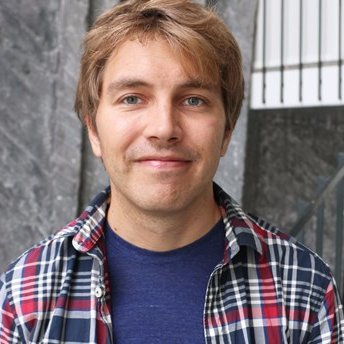 Martin Kolk
Martin Kolk
@MartinKolk -
 Diego Alburez
Diego Alburez
@d_alburez -
 Ugofilippo Basellini
Ugofilippo Basellini
@ugobas -
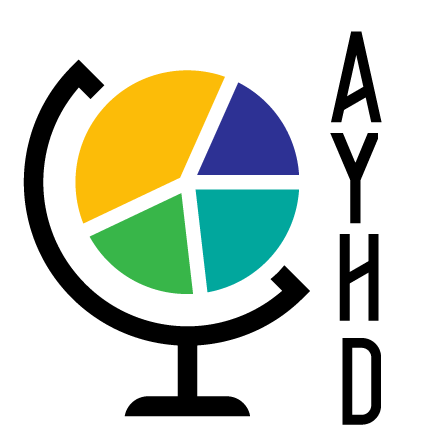 Association for Young Historical Demographers
Association for Young Historical Demographers
@AYHDemographers -
 ESHD
ESHD
@ESHD_EU -
 Eva Beaujouan
Eva Beaujouan
@fertdem -
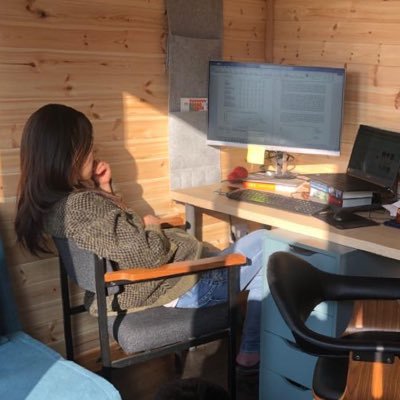 Chia Liu
Chia Liu
@IsChiaThere -
 Anna Altová
Anna Altová
@boruvka_a -
 Alyce Raybould
Alyce Raybould
@AlyceRaybould
Something went wrong.
Something went wrong.

